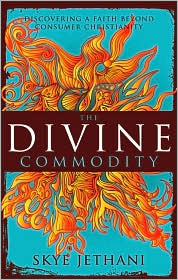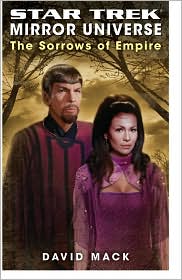 The Divine Commodity by Skye Jethani
The Divine Commodity by Skye Jethani
Synopsis
The human imagination is the key battleground in the conflict between the kingdom of God and the consumer culture. Drawing from the vivid imaginations of Impressionist painters, particularly Vincent van Gogh, each chapter of The Divine Commodity uses personal narrative, biblical exposition, and cultural observation to show how consumerism has shaped our faith, and then challenges the reader to use their sanctified imagination to envision an alternative way of expressing the Christian life in our culture.
The blessing - and curse - of owning a Kindle is the sheer number of books one can effortlessly carry. The benefit is that you never lack for a good book. The penalty is... well, you often take lonnnnnnnnger to finish any one book.
This book is one I picked up for free in the frequent "free book" offers on Amazon - and I've been reading at it for months. It is a very good appraisal "consumer Christianity." Fortunately, thanks to the "notes" features from the Kindle/Amazon, I can easily reel off pithy quotes from my reading - some examples:
In Consumer Christianity, our concern is not primarily whether people are transformed to reflect the countercultural values of God’s kingdom, but whether they are satisfied — often measured by attendance and giving.
Consumerism has focused us so fully on the individual, that we’ve lost the corporate and social dimension of the gospel.
In his book Following Christ in a Consumer Culture, John Kavanaugh argues that our lifestyle of guarded isolation is the result of grounding our identities in external possessionsthe door to God’s kingdom has no peephole. Unlike our Facebook profiles, God’s kingdom has no filter. And unlike our consumer churches, God’s kingdom has no target audience
Excellent!.


